8 Supplements You Should Keep In the Fridge (And 4 You Definitely Shouldn’t)

You might pop your daily vitamins without thinking twice about storage—but where you keep them matters more than you’d expect. Some supplements need the chill of your fridge to stay potent, while others can actually be damaged by cold. Here’s your guide to what belongs next to the eggs and what stays in the cabinet.
1. Probiotics (Certain Strains)

A cool home is essential for certain strains of probiotics like Lactobacillus acidophilus. These beneficial bacteria thrive in chilly environments, preserving their health-boosting vitality.
When exposed to room temperatures, they lose their effectiveness, akin to a plant wilting in the sun. Check the label – if it doesn’t say “shelf-stable,” it’s time to make space in the fridge.
Trust in the science of refrigeration, ensuring that your probiotics remain as potent as the day you bought them.
2. Fish Oil & Other Omega-3 Supplements

Fish oil supplements, rich in omega-3s, need a cool haven to keep their pristine nature. The fridge combats rancidity, helping to banish that dreaded fishy aftertaste.
These supplements are like delicate sea treasures, needing protection from heat and light. Their oils tend to spoil in warmer environments, losing nutritional value.
By keeping them chilled, you preserve their health-enhancing properties, supporting heart and brain well-being.
3. Liquid Vitamin D
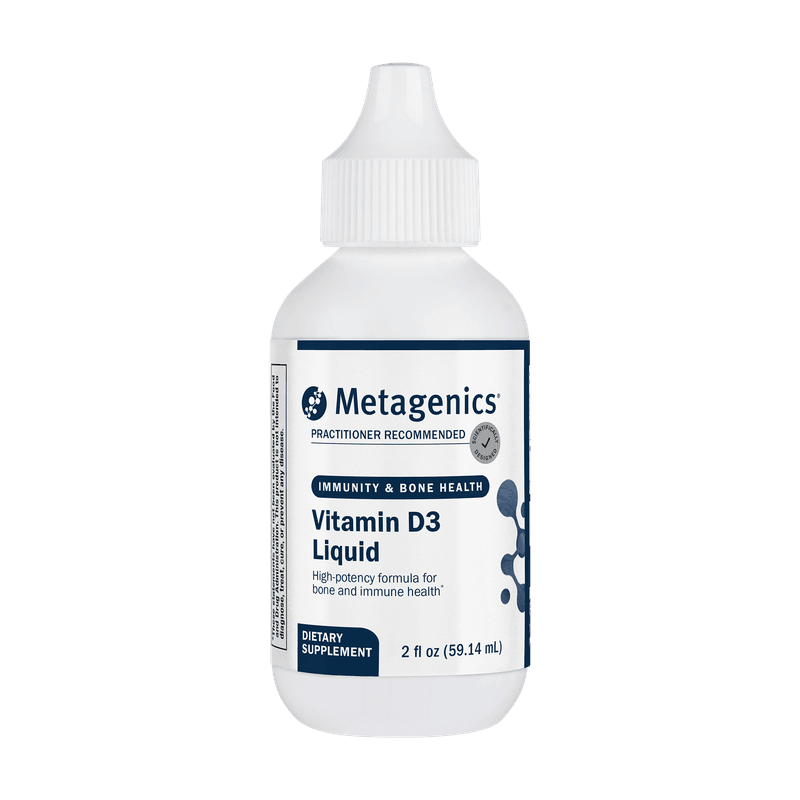
In its liquid form, vitamin D acts like a sensitive artist, perfect when kept cool. Heat and light are its adversaries, hastening its degradation.
Refrigeration acts as its sanctuary, slowing down oxidation. This ensures the vitamin remains effective, granting you its full sunny benefits.
For those seeking to maintain their vitamin D’s purity, the fridge is its rightful home, especially for liquid formulations.
4. Flaxseed Oil

Ever notice how flaxseed oil goes from fresh to funky? It’s a master at absorbing oxygen, which rapidly degrades its quality.
Refrigeration is its loyal protector, guarding against unwanted bitterness. For fans of its plant-based omega-3 benefits, keeping it cool ensures every drop is nutritious.
Consider the fridge your flaxseed oil’s best friend, warding off oxidation’s harmful effects.
5. Liquid Multivitamins
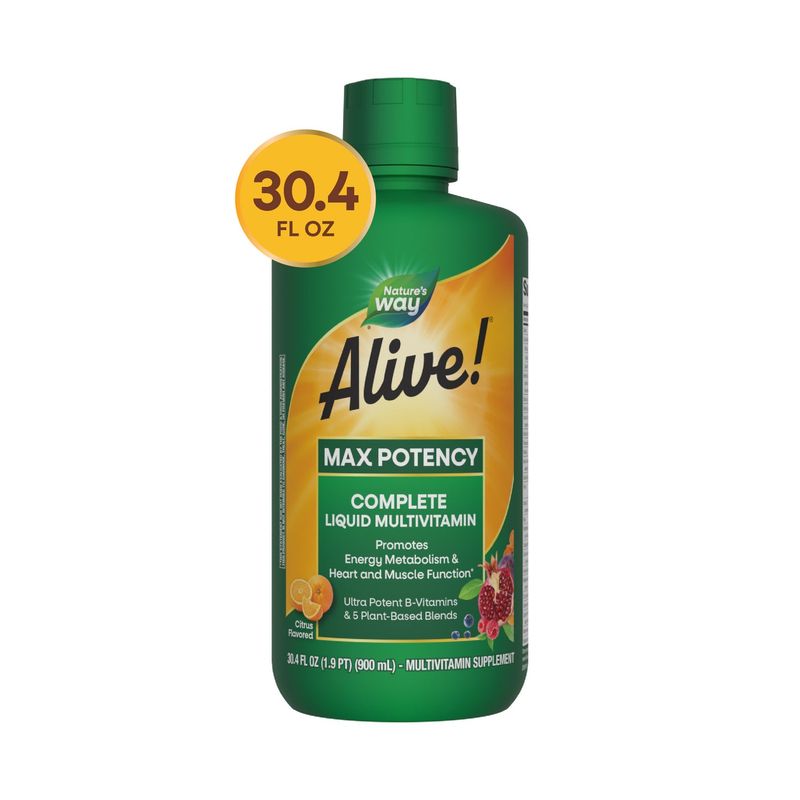
Liquid multivitamins are like a symphony of nutrients, each needing the right conditions to harmonize. Once opened, their delicate composition can degrade quickly if left out.
The fridge becomes their stage, preserving this nutrient blend at peak performance. This ensures you receive the intended health benefits with each dose.
Embrace refrigeration to honor the balance of vitamins and minerals in your liquid supplements.
6. Wheat Germ Oil

Wheat germ oil is a champion in vitamin E content, but it’s vulnerable outside the fridge. Its polyunsaturated fats are quick to turn rancid at room temperature.
Think of the fridge as a vault, safely storing its nutritional wealth. By keeping it sealed and cool, you extend its shelf life remarkably.
Celebrate this oil’s virtues by granting it a chilled habitat, ensuring its benefits remain intact.
7. CoQ10 (Softgels in Some Forms)
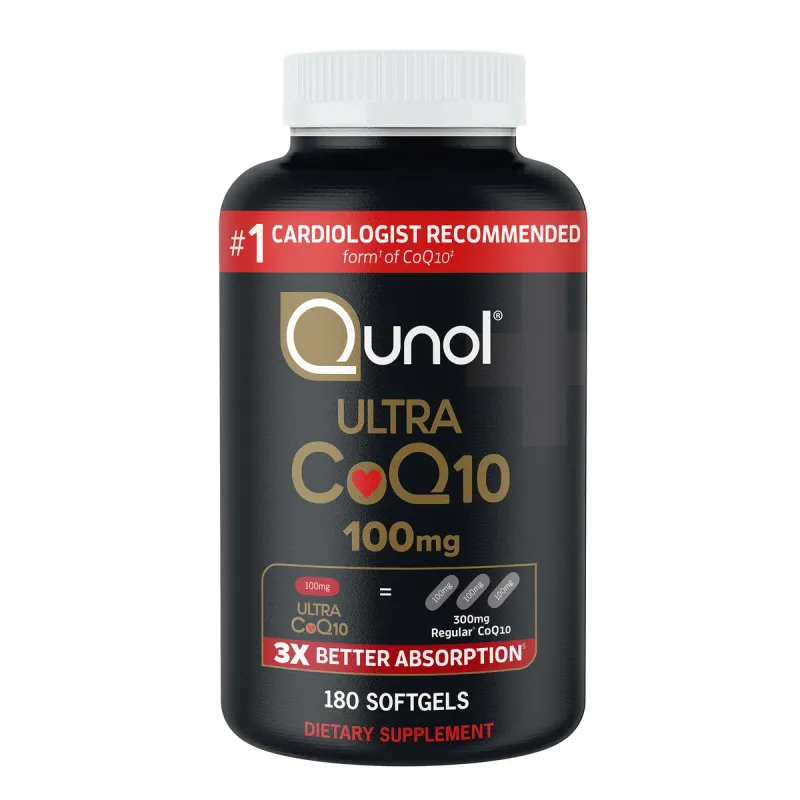
CoQ10 softgels, particularly those containing oils, find protection in the fridge. These tiny capsules combat oxidation, preserving their potency.
If a label advises cold storage, it’s a cue to make room in your refrigerator. The chill extends their life and efficacy.
By respecting the storage needs of CoQ10, you ensure this supplement continues to support cellular energy production.
8. Liquid Collagen
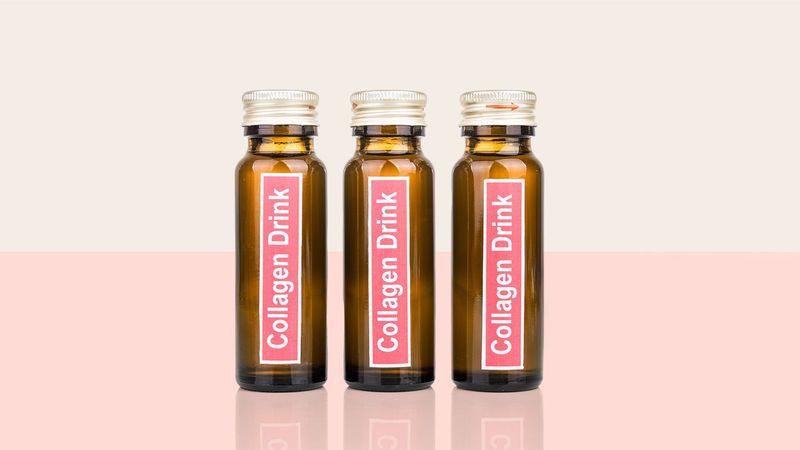
Liquid collagen, unlike its powdered cousin, often contains heat-sensitive components. The fridge becomes its ally, maintaining its integrity post-opening.
Refrigeration safeguards its proteins and additives, crucial for those seeking youthful skin and joint health.
Ensuring your liquid collagen remains at its best means offering it the cool refuge of your fridge.
9. Tablets or Capsules (Most Multivitamins)

Multivitamin tablets, while power-packed, are often best kept out of the fridge. The cold can introduce moisture, inviting unwelcome condensation.
This damp environment may weaken the tablets or even invite mold. A dry, cool pantry space is their preferred home.
Ensuring these vitamins remain effective means avoiding the chill, keeping them safe from fridge-induced pitfalls.
10. Gelatin Capsules
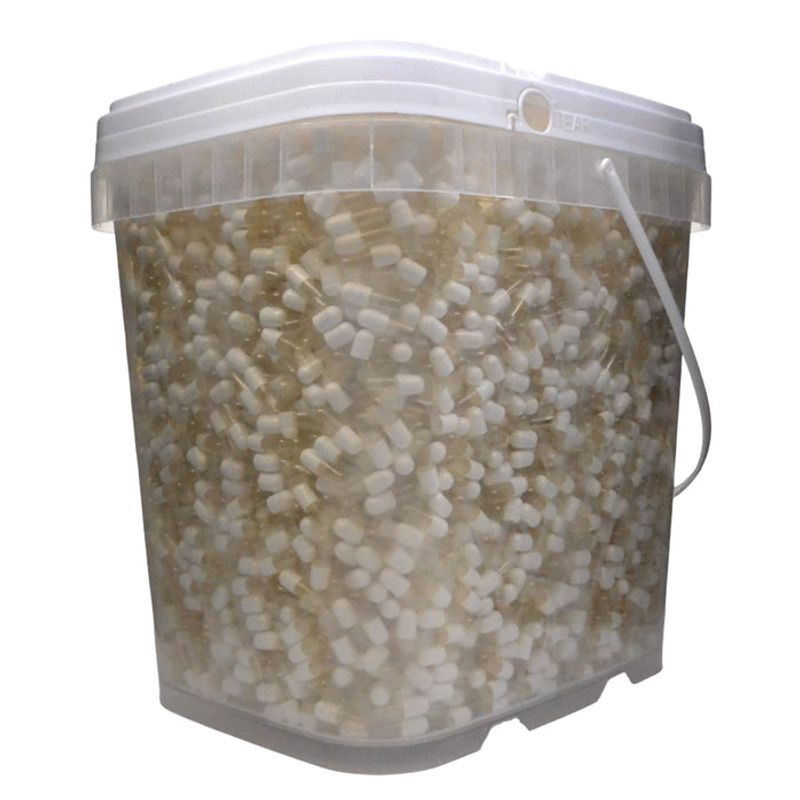
Humidity is the foe of gelatin capsules, turning them sticky or brittle when refrigerated. They thrive in a stable, dry environment away from the fridge.
This ensures their structure remains intact, preserving their ease of consumption. The secret lies in shielding them from moisture fluctuations.
Guard the integrity of your gelatin capsules by storing them in a consistent, dry locale, far from fridge hazards.
11. Powdered Supplements (Protein, Creatine, Greens)
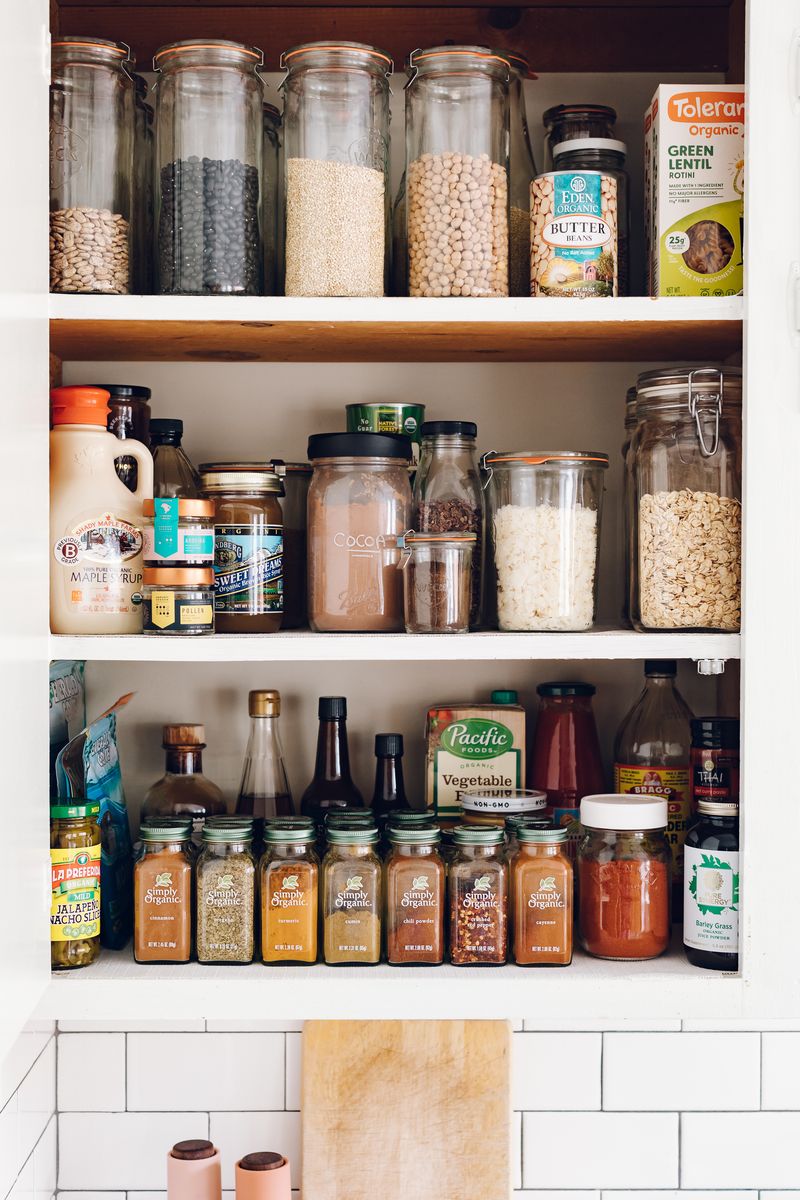
Powdered supplements, from protein to greens, are akin to desert adventurers. They thrive in dry, cool conditions, shunning fridge-induced humidity.
Moisture can lead to unwanted clumping or spoilage, robbing these powders of their potency. Keep them tightly sealed in their pantry retreat.
Their optimal state is maintained through careful storage, ensuring every scoop delivers full benefits.
12. Herbal Supplements (Dried Form)

Dried herbs, such as turmeric or ginseng, are best left out of the fridge. Moisture exposure can sap their potency, making them less effective.
A pantry shelf provides the ideal environment, preserving their natural essence. This keeps their health-promoting properties fully intact.
Trust in traditional storage methods to maintain the vibrancy of your dried herbal supplements.
